Keywords: Criminal Responsibility
-

INTERNATIONAL
- Dotan Rousso
- 31 October 2024
1 Comment
Beyond economic and national security agendas, Trump’s appeal, more visceral than policy-driven, hinges on tapping into a collective disillusionment — one that sees progressive ideology as veering into an unforgiving orthodoxy.
READ MORE
-
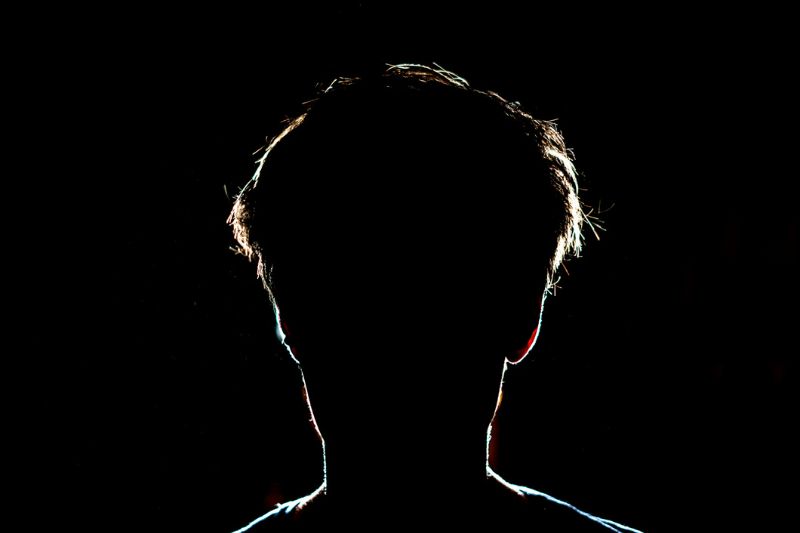
AUSTRALIA
- Binoy Kampmark
- 31 October 2024
3 Comments
Two narratives dominate Australia’s view of children. The first casts them as dangerous, irredeemable offenders. The second, as vulnerable innocents threatened by risks online. Both anxieties reveal deep-seated tensions over safety, innocence, and societal responsibility.
READ MORE
-
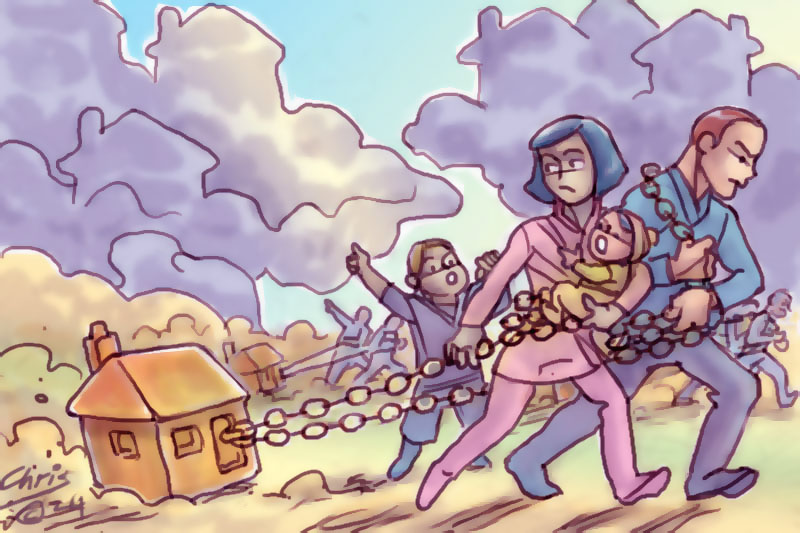
AUSTRALIA
- Adam Hughes Henry
- 08 October 2024
5 Comments
Australia’s housing crisis is increasingly seen as a byproduct of system rigged for the wealthy, while ordinary Australians grapple with debt and rising costs. As home ownership becomes increasingly out of reach, it's time to rethink housing as a right, not just a means of wealth accumulation.
READ MORE
-
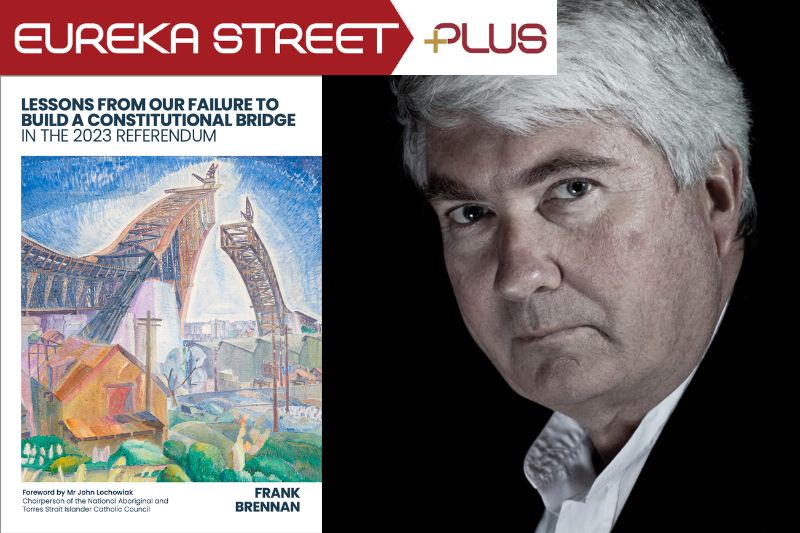
AUSTRALIA
- David Halliday
- 28 June 2024
13 Comments
It's been eight months since the Voice referendum, and people are starting to grapple with what its defeat means for Australia. There are few voices in Australia as qualified to conduct a postmortem of the outcome of the Voice referendum campaign as Frank Brennan. We examine what lessons can be learned and crucually, whether there’s reason for hope for Indigenous constitutional recognition.
READ MORE
-

AUSTRALIA
- Andrew Hamilton
- 27 June 2024
9 Comments
In addressing family violence, the immediate emphasis must be to protect women and children. But if the only response is harsher penalties in addressing any social problem, it is bound to be ineffective. Regulation depends also on understanding why people are drawn to behave badly and how the culture that supports it can be changed.
READ MORE
-

INTERNATIONAL
- David Halliday
- 11 June 2024
4 Comments
When Donald Trump was found guilty of 34 counts of falsifying business records, it represented a long-awaited triumph of the rule of law in the United States. But the verdict may not mean much in the long run, and has not affected Trump's popularity among voters. Watching Trump’s conviction from afar prompts us to consider how good we have it.
READ MORE 
-
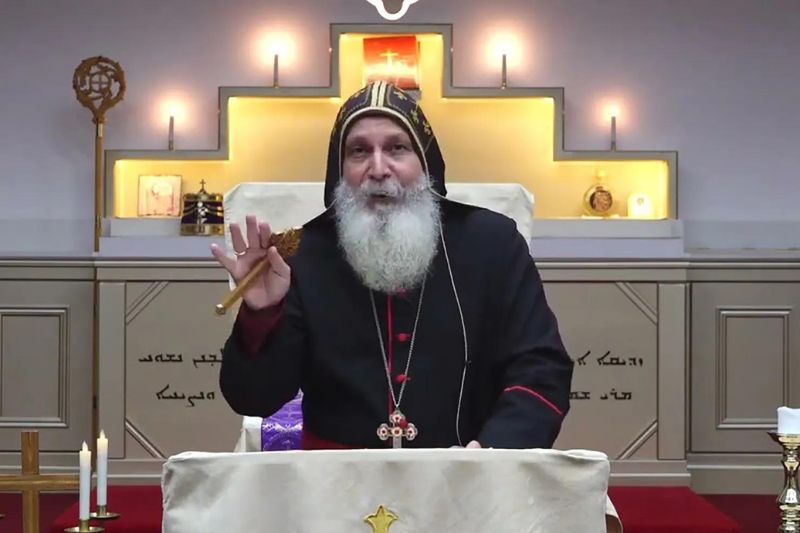
AUSTRALIA
- Andrew Hamilton
- 02 May 2024
7 Comments
To identify children as terrorists is a distraction from considering the broader social and psychological contexts that made this violent ideology seem reasonable. The larger task in investigating how they became exposed to that violent ideology, how they were attracted to it, and how they can be drawn away from it.
READ MORE
-
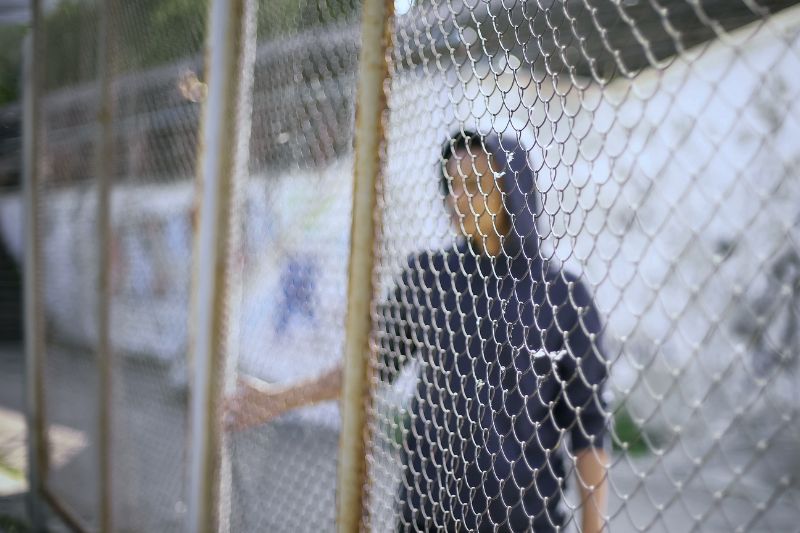
AUSTRALIA
- Andrew Hamilton
- 28 March 2024
2 Comments
As a response to a wave of youth crime, some State Governments and Federal politicians have committed to policies that neglect the human reality of the young people concerned. This will likely have negative consequences both for those immediately affected and for society at large.
READ MORE
-

AUSTRALIA
- Andrew Hamilton
- 31 January 2024
4 Comments
What links the debate about the conduct of the war between Israel and Hamas in Gaza, the detention of children in a crowded and under-resourced Cairns watch house, and British legislation to send asylum seekers to Rwanda?
READ MORE
-

AUSTRALIA
- Kerry Murphy
- 04 January 2024
Throughout recent decades of Australian history, the stance every government has taken on asylum seekers has reflected the shifting political landscapes and challenging humanitarian issues that have continually shaped Australia's response to those seeking refuge.
READ MORE 
-
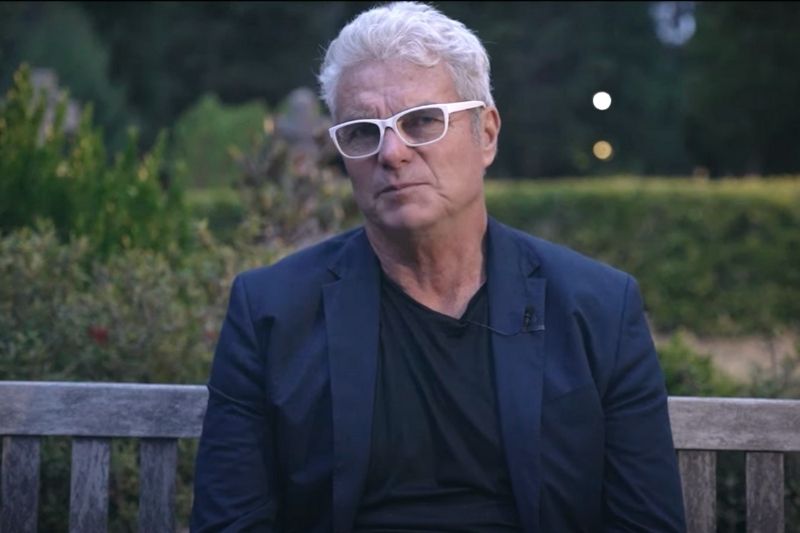
AUSTRALIA
- Binoy Kampmark
- 30 November 2023
3 Comments
Charged with breaching national security for exposing alleged war crimes by Australian forces in Afghanistan, former Australian military lawyer David McBride's trial in Canberra rekindles a debate that tests the boundaries of military obedience and public interest. At the heart of this legal battle lies the question: when does the duty to expose wrongdoing outweigh the duty to follow orders?
READ MORE
-
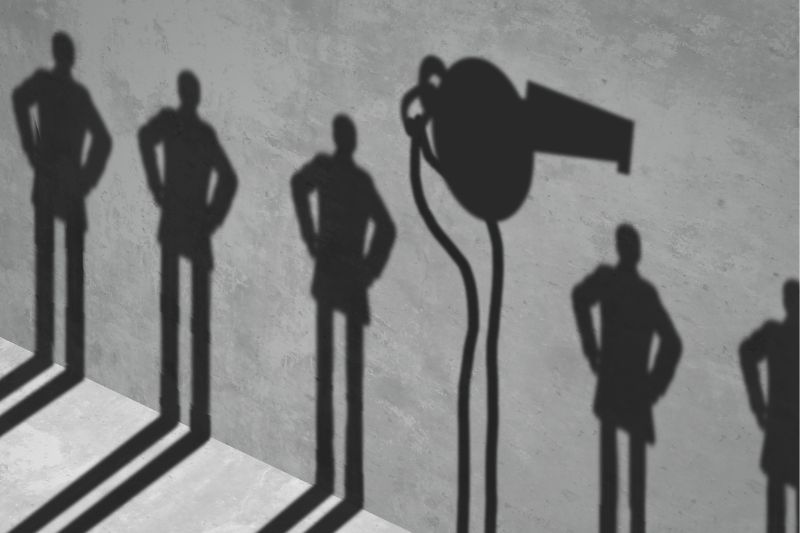
AUSTRALIA
- Binoy Kampmark
- 09 November 2023
1 Comment
Next week, former army lawyer David McBride will face trial, accused of leaking classified defence information. Meanwhile, the prospect of meaningful whistleblower reforms that would shield Australian public servants who contemplate exposing wrongdoing through the media seems remote.
READ MORE